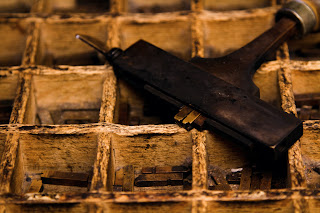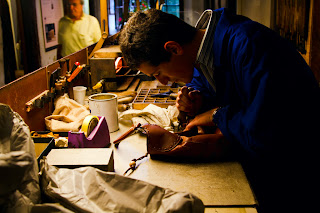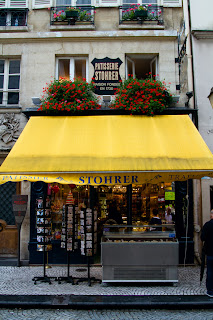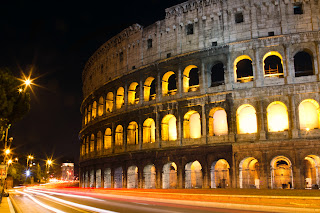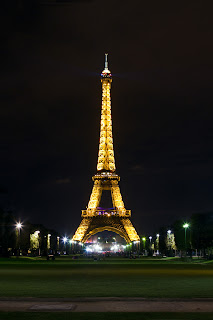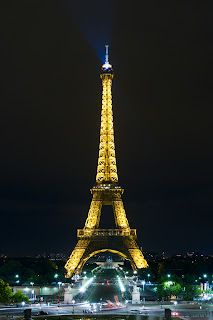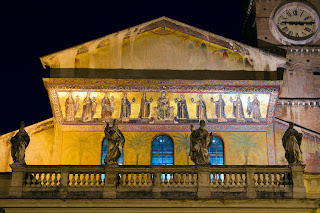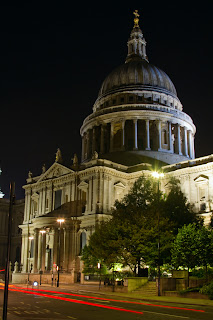A Leather craftsman working on a strap for a bag - Firenze, Italy
The Leather school at the church of Santa Croce (Scuola del Cuoio) in Firenze was started off by franciscan monks and the Gori and Casini families with the aim of giving orphans of World War II an opportunity to learn a trade from which to earn a living. The leather school has now expanded and is now a well known Florentine trading house and leather shop.
More info and images after the jump.
Engraving tools used by Leather craftsmen - Firenze, Italy
Historically, a number of industries which require large quantities of water have been based in the Santa Croce neighbourhood due to its proximity to the banks of the river Arno. These industries included tanneries, dyers and soap makers.
The growing demand for hand crafter leather goods saw the school opening it's doors to clients in 1950. The U.S. Airforce and the American embassies in Europe were amongst the schools first customers. The popularity of the schools products led to President Dwight Eisenhower using a desk which was hand crafted at Scuola del Cuoio in the oval office.
A Leather craftsman engraves a handbag - Firenze, Italy
We visited the Leather shop and factory after walking around the church of Santa Croce (pics in a future post). I spent some time wondering around the factory and having a look at how the craftsmen work (and take some photographs while I was at it). My wife looked through the factory and quite unsurprisingly, found a bag she wanted to get. The image above is of a craftsmen engraving her initials on it.
A Leather craftsman's tools - Firenze, Italy
The counters where the craftsmen worked were very well lit but the rest of the factory was about two or three stops darker. From a photographic point of view, this was exactly what I was after. I was able to take a number of photographs where the main subject (both craftsmen and tools) was very well lit and the background was slightly darker. This ensured that there were no distractions in the frame while the underexposed background gave the image a context (the first image on this post in particular). I also didn't have my flash and shoot through umbrella with me at the time and, to be honest, I doubt I would have been able to setup any lights for photographs.
All images on this post were captured with the Canon 7D and the 24-105mm lens.

